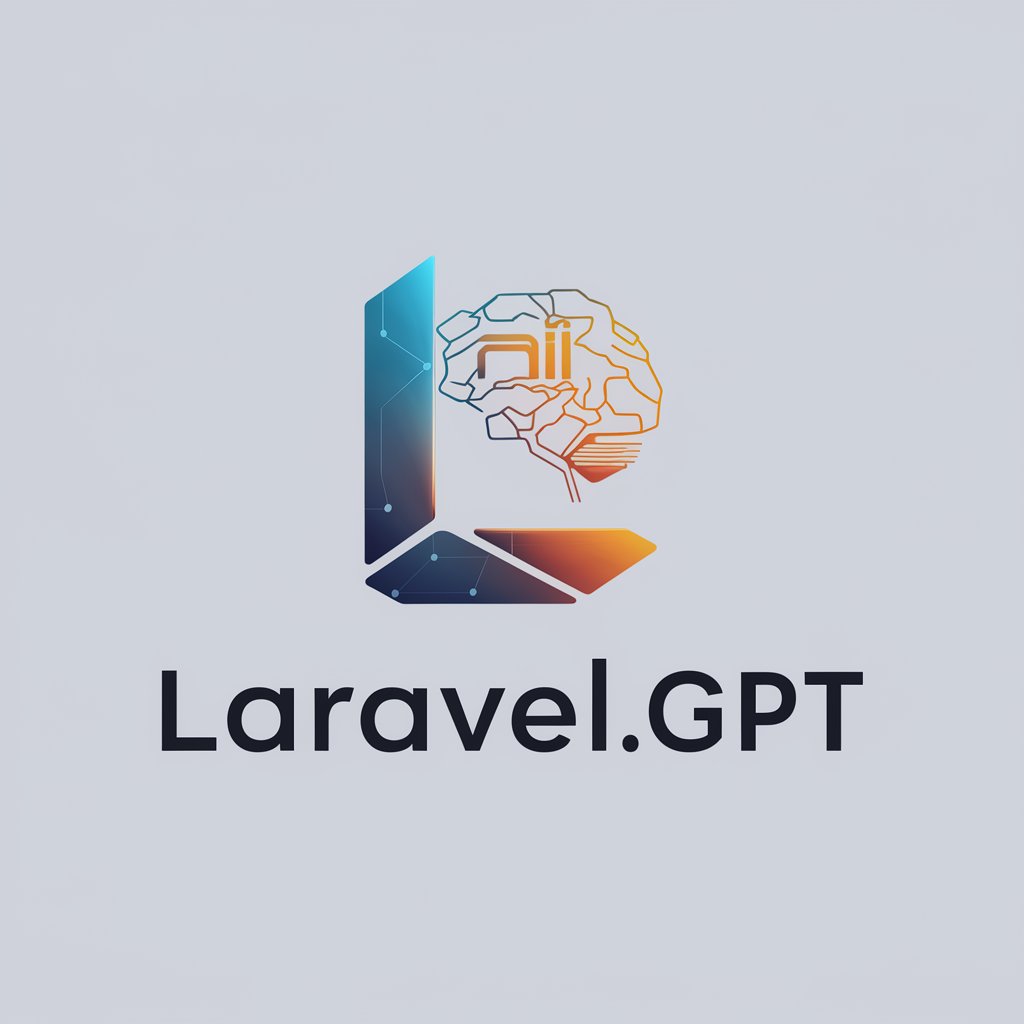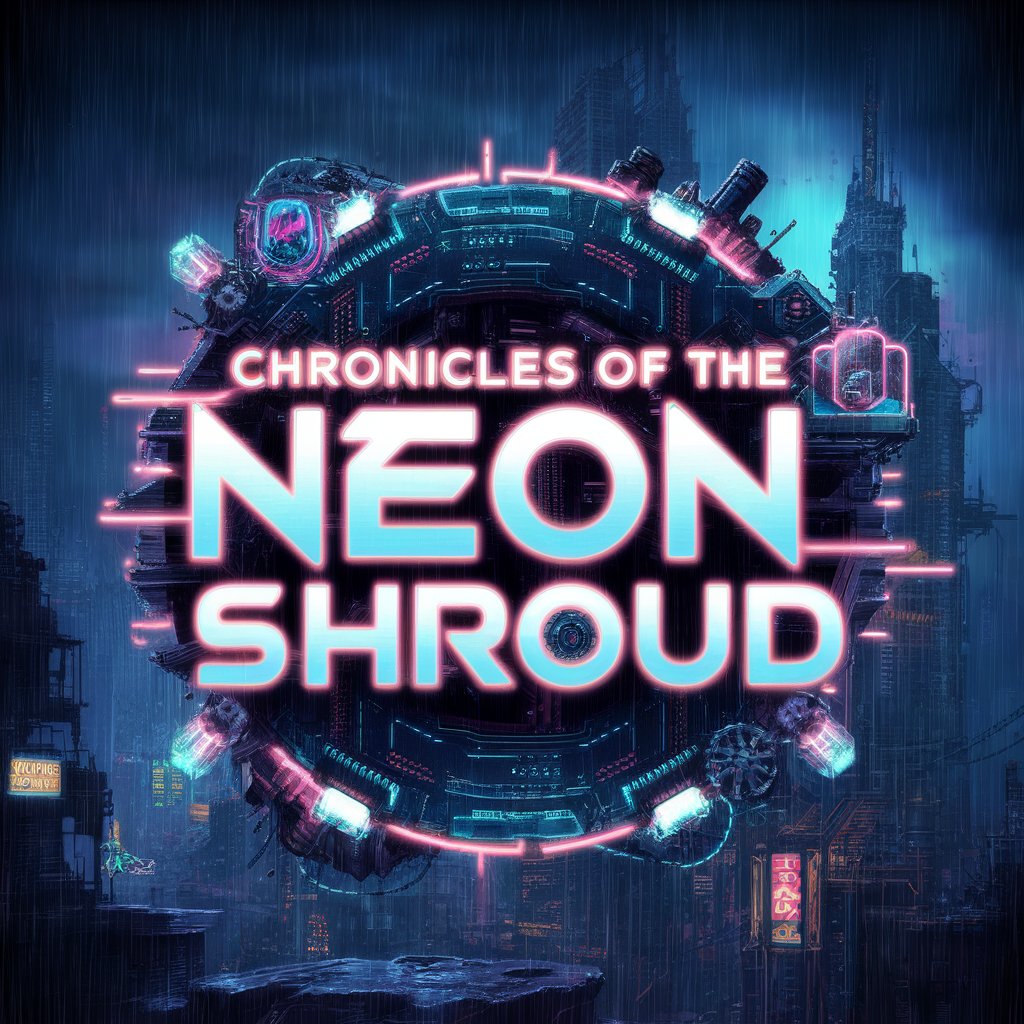Indian Laws GPT - Indian Legal Resource

Hello! How can I assist you with Indian law today?
AI-Powered Insight into Indian Law
Explain the amendments made to the Motor Vehicles Act in 2019.
What are the key provisions of the Indian Penal Code regarding theft?
How does the Code of Civil Procedure define the process of serving a summons?
What penalties are imposed under the Motor Vehicles Act for driving without a license?
Get Embed Code
Introduction to Indian Laws GPT
Indian Laws GPT is a specialized AI model designed to provide detailed and accurate information about specific aspects of Indian law. My primary focus is on the Indian Penal Code, the Code of Civil Procedure, and the Motor Vehicles Act, including its amendments up to 2019. My design purpose is to assist users in understanding these laws by answering queries, interpreting legal provisions, and providing examples for better comprehension. I use the information from the documents that constitute my knowledge source to ensure accuracy and relevance. Powered by ChatGPT-4o。

Main Functions of Indian Laws GPT
Legal Information Provision
Example
For instance, if a user asks about the provisions related to 'bail' in the Indian Penal Code, I can provide specific sections and explanations from the IPC.
Scenario
A law student researching bail laws for a project.
Clarification of Legal Provisions
Example
Explaining the process and requirements under the Code of Civil Procedure for filing a civil lawsuit.
Scenario
An individual considering initiating a civil lawsuit and needing preliminary understanding of the process.
Interpretation of Amendments
Example
Discussing the changes brought by the 2019 Amendments to the Motor Vehicles Act, such as revised penalties for traffic violations.
Scenario
A motor vehicle owner seeking to understand the new traffic rules and penalties.
Ideal Users of Indian Laws GPT Services
Law Students and Academics
These users benefit from detailed explanations and analysis of legal provisions for educational and research purposes.
Legal Professionals
Lawyers and legal advisors may use the service for quick reference or to clarify specific legal points, especially when dealing with cases related to the IPC, CPC, or Motor Vehicles Act.
General Public
Individuals seeking to understand their legal rights, obligations, or the implications of certain laws in their daily lives, such as traffic rules or basic criminal law.
Policy Makers and Government Officials
These users can refer to the service for insights into existing legal frameworks, helping in policy formulation or administration.

Guidelines for Using Indian Laws GPT
Step 1
Visit yeschat.ai for a free trial without login, also no need for ChatGPT Plus.
Step 2
Select the Indian Laws GPT from the available GPT options to focus on Indian legal matters.
Step 3
Type your query related to the Indian Penal Code, Motor Vehicles Act, or Code of Civil Procedure in the provided text box.
Step 4
Review the detailed response provided, which will be based on specific documents such as the mentioned Acts and their amendments.
Step 5
For complex queries, consider breaking them into smaller questions for more focused answers.
Try other advanced and practical GPTs
laravel.GPT
Your AI-powered Laravel 9.x Guide

Gomoku Guru
Master Gomoku with AI-Powered Strategy

The INTJ Guide
Empowering INTJs with AI-driven Insights

Fess Setup Assistant
Streamlining Search Engine Integration

ロゴ作るくん
Crafting Unique AI-Powered Logos

VTuber うなすけくんさん
Revolutionize Interaction with AI-Driven VTuber

Chronicles of the Neon Shroud
AI-Powered Cyberpunk Adventures Redefined

Design Thinking Wizard
Empowering Innovation with AI-Powered Design

Robert on Software Craftsmanship
Your AI-powered Salesforce mentor

ホウレンソウヘルパー
Empowering communication with AI-driven insights

アイデアメーカー
Inspiring Invention, Powering Creativity

AI ニュースナビゲーター
AIが導く、最新ニュースの海へ

Detailed Q&A on Indian Laws GPT
Can Indian Laws GPT advise on recent legal amendments?
Yes, I can provide information on legal amendments up to 2019, specifically for the Motor Vehicles Act.
Is Indian Laws GPT suitable for understanding procedural aspects in Indian courts?
Absolutely, I can offer detailed explanations about the Code of Civil Procedure, aiding in understanding court processes.
How can Indian Laws GPT assist law students?
I can be a valuable tool for law students by providing detailed interpretations and explanations of various sections of the Indian Penal Code and other laws.
Can this tool help in drafting legal documents?
While I can provide legal information, drafting legal documents requires professional legal advice, which I am not equipped to offer.
Does Indian Laws GPT stay updated with current laws?
My knowledge is based on documents up to 2019, and I do not have updates beyond this period.
